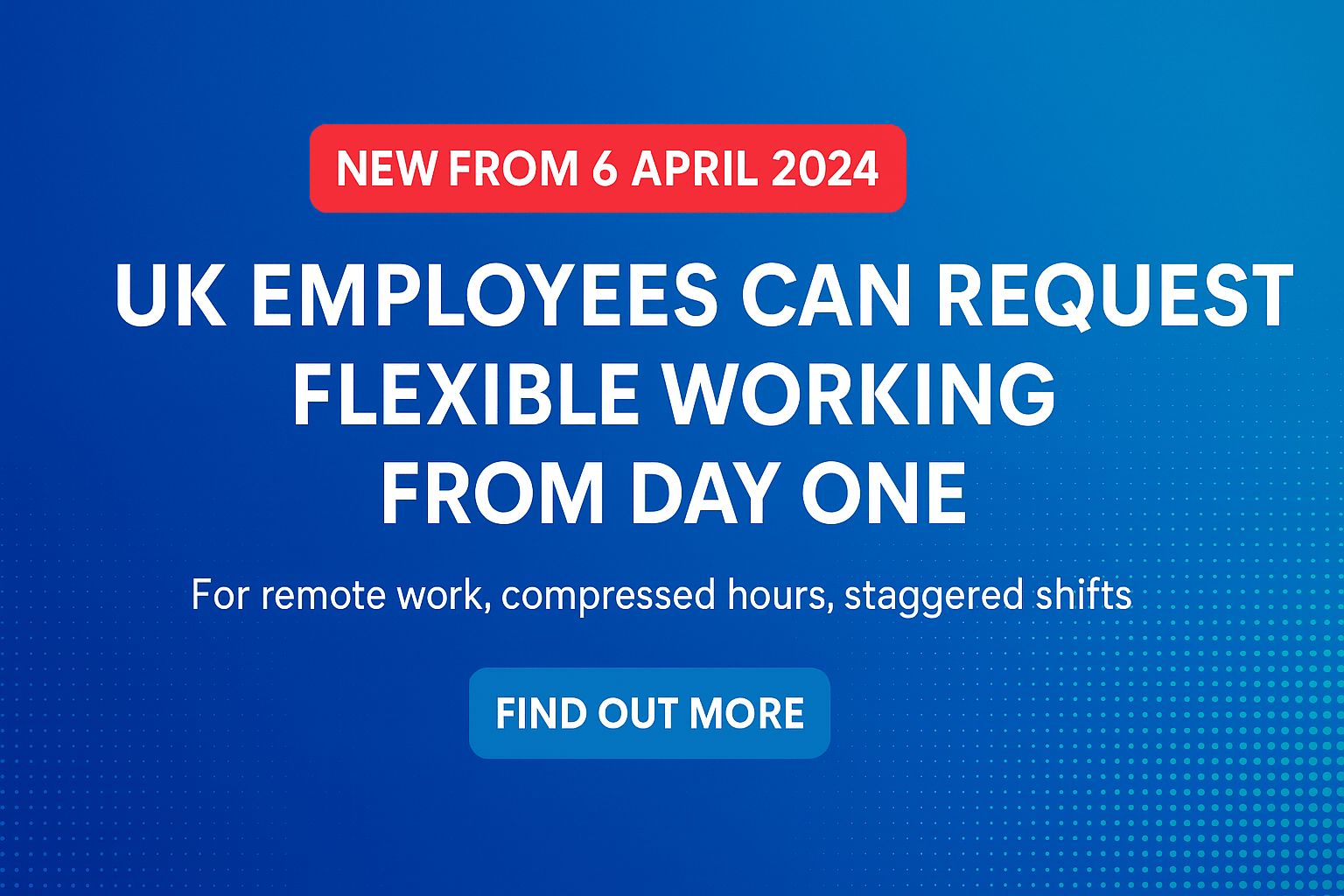How to reduce the impact of the Coronavirus on your business

The coronavirus, a respiratory virus that originated in China, is dominating the news right now. Now having spread to over 80 countries, the extent of the damage the virus might ultimately end up causing is unknown, so, naturally, there’s a lot of fear surrounding it.
However, while what happens with the virus as it makes its way around the globe is outside your control, how it affects your business doesn’t have to be.
With that in mind, here’s how to minimise the Coronavirus’ impact on your business
Keep your staff informed
As with any virus outbreak, there’s a lot of misinformation and paranoia being spread around, but you can keep it at bay within your company by regularly communicating with your staff. Find a number of reliable news sources with up-to-date information about the virus, curate them, and send them out to staff. You’ll now have some semblance of control over what your staff knows about the virus. At the very least, you’ll provide a counterbalance to any false information they pick up elsewhere.
Promote hygiene and cleanliness
Encourage cleanliness by providing antibacterial wipes and hand sanitiser. Not only will these slow the spread of germs but it will go some way to quelling some of your staff’s fears. Though simple, it demonstrates that you’re on top of things and are concerned about keeping your employees healthy.
Prepare for more sickness absence
Although the number of reported cases of the Coronavirus in the UK have been low (273, at time of writing), you should still be prepared to weather an increased absence from sickness.
Again, a lot of this could stem from paranoia, with employees concerned they’ve contracted the virus if they start to feel under the weather. However, it’s better to be safer than sorry, and important to empathise with your staff’s heightened anxiety, so reassure them it’s ok to stay home and rest up. Though you’ll miss their contribution at work, them not being around, feeling and looking ill, prevents other employees from having to worry about their chances of catching it from their colleague.
Be flexible
As more absence from sickness, be prepared for more requests to work remotely. This is the best alternative to them taking sick leave and means they can still be productive. Similarly, this also allows them to stay home and care for dependents if necessary, such as their children and elderly relatives, both of whom are most susceptible to the virus.
Conversely, if you don’t currently offer remote working options – now is the time to start. An online leave tracking system is an effective way of achieving this, as employees can simply log in and indicate they’re working from home.
Reconsider travel plans
If any of your staff are travelling for work in the near future, keep an eye on events in your destination. If things appear to be getting worse, chances are airlines won’t fly there anyway, but it’s better to be on the safe side. Ultimately, it may come down to postponing their trip until things have blown over.
Allow for changed travel plans
On a similar note, some employees personal travel plans may be up in the air in light of the Coronavirus so they may need to postpone them. Unfortunately, this can result in a glut of admin for HR or management, both when cancelling all the existing dates – and then rebooking them further down the line. This is far more efficient with an online leave management system, which makes it much easier to book and cancel annual leave dates and keep track of each employee’s annual leave allowance.



